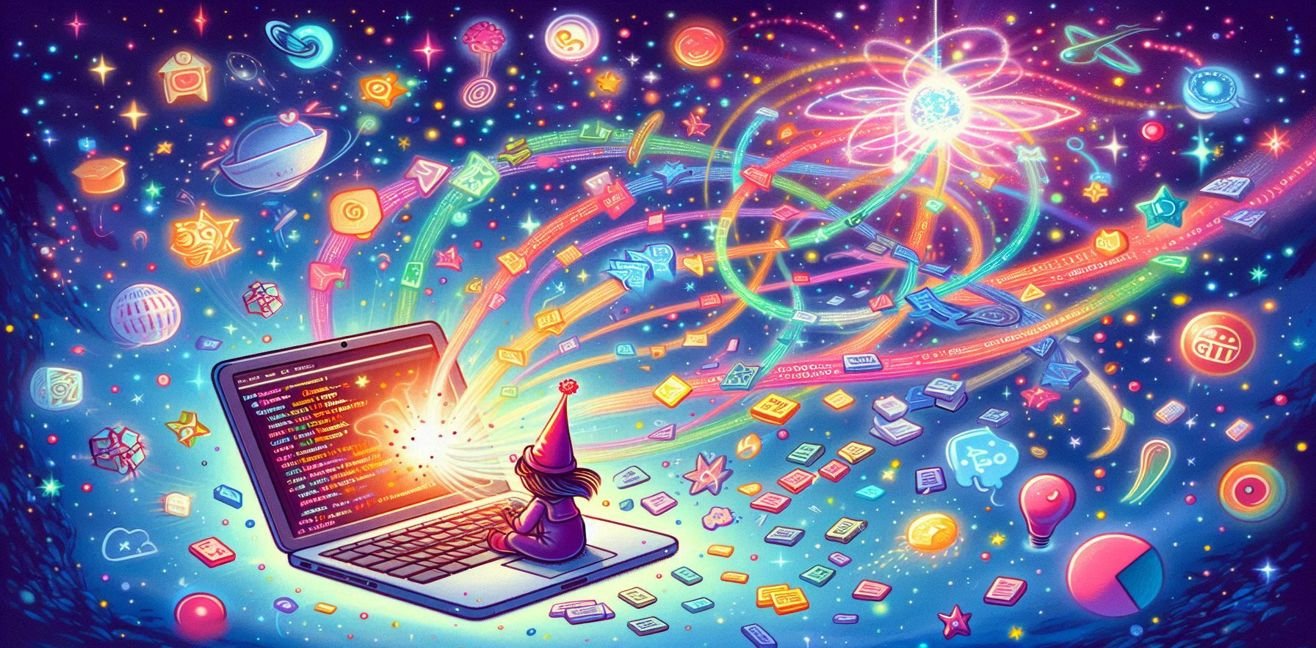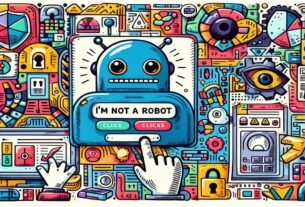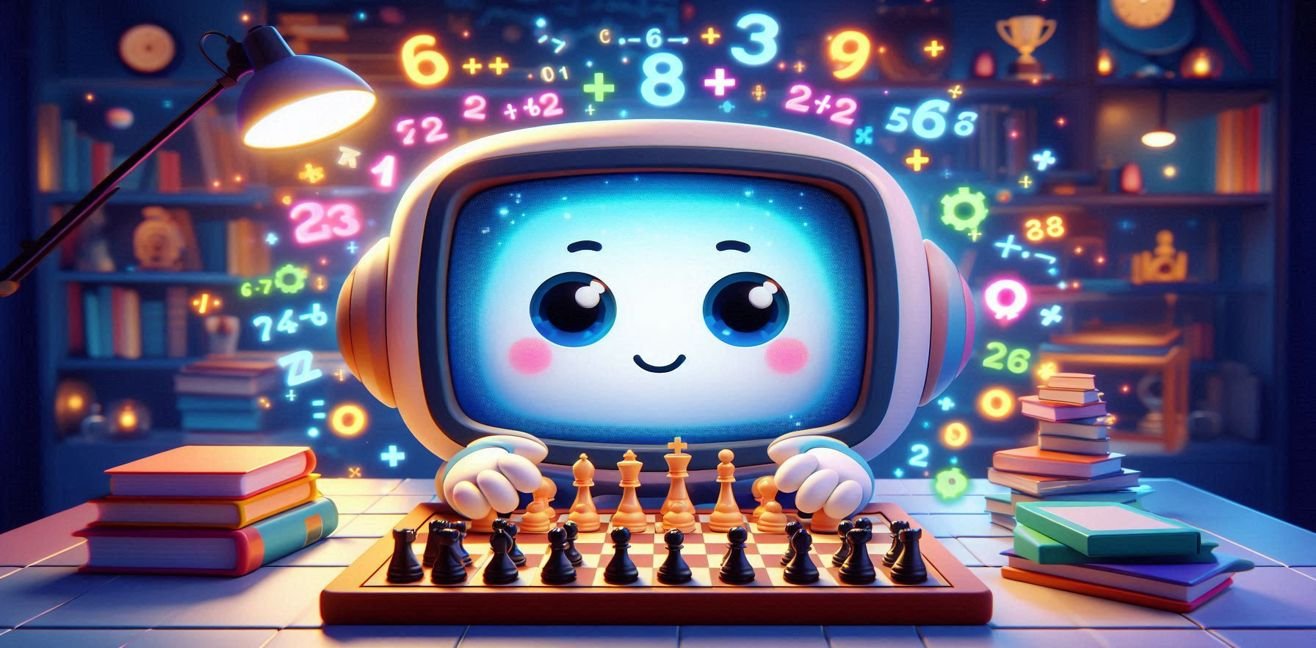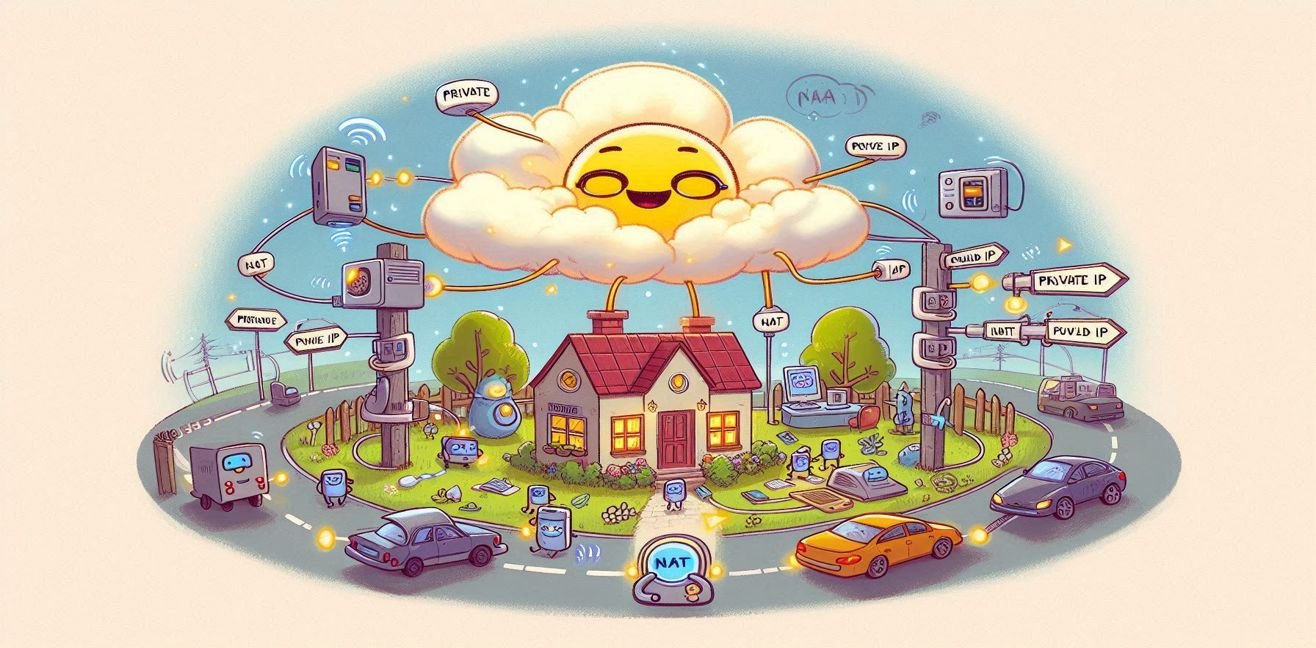Dear code wizard 🧙♂️, software development can sometimes be as enchanting as a magical world, and other times as chaotic as a carnival. Lines of code slip here and there, the question “Which version is correct?” spins in your mind, and one day you find yourself sighing, “Ah, I wish I hadn’t committed that change yesterday!” That’s exactly when Git steps in: the time machine and chaos manager of the coding world.
Understanding Git revolutionizes code management for both individual developers and teams. Let’s dive into Git’s technical details with fun metaphors.
🧙♂️ What is Git?
Git is a distributed version control system (DVCS – Distributed Version Control System).
- Every developer has a complete copy of the project, so commit, branch, diff, and log operations can be performed even without an internet connection.
- Git’s core stores changes using hash-based SHA-1, making every commit unique and cryptographically verifiable.
Metaphor: Imagine your software project as a giant Lego set. Everyone builds pieces, some in the wrong place. Git keeps track of who placed which piece and which version is correct.
💾 Commit: Writing Your Code Journal
A commit is an atomic snapshot of changes in your project.
- Each commit is identified by a SHA-1 hash, making rollbacks precise and safe.
- Commit messages are critical for the team to understand why changes were made.
git commit -m "Added coffee effect to homepage"
- Atomicity: A commit is applied fully or not at all.
- Metadata: Commits store author, date, time, and message information.
Metaphor: A commit is your code journal; every line tells a story and records who wrote it.
🌿 Branch: Parallel Universes of Code
A branch represents a parallel universe of your project.
- The main branch (
mainormaster) is the primary storyline. - Want to add a new feature? Create a branch:
git checkout -b feature/coffee-effect
- This allows you to code freely in your own parallel universe without affecting the main storyline.
Technical Details:
- Git branches are pointers to the head of a commit chain.
- Branches are lightweight, making creation and deletion fast and storage-efficient.
Metaphor: Branches are parallel universes; mistakes in one universe don’t affect the others. 😎
🔀 Merge: Uniting the Universes
Merging is the process of combining branches.
- Fast-forward merge: If the branch has no diverging commits, the pointer just moves forward.
- Three-way merge: If branches have different commits, Git finds the common ancestor and integrates changes.
Merge Conflicts
- Conflicts occur when the same file is changed differently across branches.
- Git highlights the conflict, and the developer resolves it manually:
git merge feature/coffee-effect
# Resolve conflicts, then commit
git commit
Metaphor: Merge unites parallel universes into a single timeline; minor storms may occur, but everything ends up in harmony. 🌈
🛠️ Other Git Powers
- Revert & Reset: Undo commits and return to the past.
git revert <hash> # Creates a new commit reversing changes
git reset --hard <hash> # Goes back to a previous state, deletes commits (careful!)
- Stash: Temporarily store changes when switching branches:
git stash
git stash pop
- Tag: Mark important releases:
git tag -a v1.0 -m "First official release"
- Remote: With Git’s distributed nature, sync with remote repositories like GitHub or GitLab:
git push origin main
git pull origin main
👥 Teamwork and Git Flow
- Feature Branch: For new features.
- Develop Branch: Testing ground where all features merge.
- Release Branch: Ready-to-deploy versions.
- Hotfix Branch: Urgent bug fixes.
This workflow keeps chaos under control in large projects and minimizes merge conflicts.
🎯 Final Note
Darling 💖, Git isn’t just a tool; it’s the magic wand that manages chaos in the coding world:
- Save your history with commits,
- Create parallel universes with branches,
- Merge everything harmoniously,
- Use stash and revert to maintain control even amidst chaos.
Remember, every line of code tells a story, and Git ensures that story is never lost. 🦸♂️




